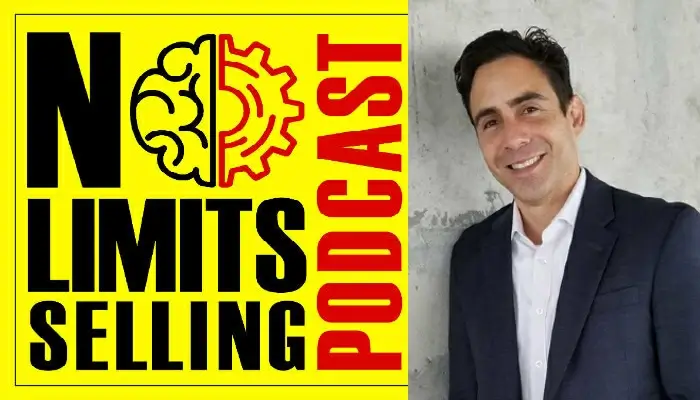How To Be An Effective Leader by Rob Chevez
I'm married and I have a little girl that is not so little anymore. I grew up in a Foreign Service family and I was lucky enough to live in awesome countries like Argentina, Mexico, Costa Rica, El Salvador, Australia, and Jamaica before settling down in the US. In this episode, Rob shares with us how to be an effective leader.
My wife and I have been buying and selling real estate since 1999. We cut our teeth by buying a little townhouse in Merrifield, VA, which later become our first rental. Over the last 14 years we have personally bought and sold close to 50 properties and our real estate team has helped hundreds of families buy and sell real estate the smarter way. We love real estate!
My specialty is helping sellers make more money when they sell their homes. After looking at thousands of houses I can now look at a home and help a seller come up with a strategy based on their goals to help them "NET" the most money possible. Nothing drives me crazier than when I see sellers and agents making bad decisions that will only lead to a poor outcome for the seller. There's so much that can be done to help them be an effective leader.
I launched The CAZA Group of Keller Williams Realty to help buyers and sellers make smarter real estate decisions that impact their bottom line with one of the biggest financial decisions of their lives.

Summary
Introduction and Background
In a riveting conversation on the No Limits Selling Podcast, Umar Hameed introduces us to Rob Chevez, the dynamic CEO of the CAZA Group. Chevez, who has carved a niche for himself in the real estate industry, also runs a thriving real estate investment meetup group, boasting a robust membership of over 6000 individuals. His journey, however, wasn't always set on this path. He tells us tips on how to be an effective leader.
The transition from IT to Real Estate
Chevez's professional life began in the IT industry, a field that, despite its promises, left him yearning for more. His dissatisfaction led him to the world of real estate, where he began flipping houses. His first deal, as he fondly recalls, was a steep learning curve. It was a venture that not only introduced him to the intricacies of the industry but also laid the foundation for his future success.
The Mindset for Success
The conversation then takes a philosophical turn as Chevez delves into the mindset required to succeed in real estate. He underscores the importance of being an effective leader by having a growth mindset, a willingness to learn, and an openness to new experiences. But it's not just about individual growth. Chevez firmly believes in the power of a strong team and the pivotal role of leadership in steering a business toward success.
The Evolution of Real Estate
As a seasoned player in the industry, Chevez offers valuable insights into the evolution of the real estate market. He discusses the transformative impact of technology on the industry, making it more accessible and efficient for investors. The digital revolution, according to Chevez, has fundamentally altered the way business is done in real estate.
Advice for Aspiring Real Estate Investors
For those considering a foray into real estate, Chevez has some sage advice. He encourages newcomers to educate themselves about the industry before diving in. Knowledge, he insists, is the key to being an effective leader and navigating the complex waters of real estate investment.
Conclusion
The podcast concludes with Hameed expressing his gratitude to Chevez for his time and invaluable insights. For listeners eager to connect with Chevez, Hameed shares his contact information, inviting further discussion and engagement.
This enlightening conversation with Rob Chevez serves as a testament to the power of change, the importance of a growth mindset, and the transformative impact of technology in the world of real estate. It's a must-listen for anyone interested in becoming an effective leader, real estate investment or those simply seeking inspiration from a successful entrepreneur's journey.
Questions & Answers
Who is Rob Chevez?
What was Rob Chevez's career before he entered real estate?
How did Rob Chevez start in real estate?
What does Rob Chevez believe is necessary for success in real estate?
What changes has Rob Chevez observed in the real estate market over the years?
What advice does Rob Chevez offer to those interested in real estate?
How can listeners reach out to Rob Chevez?
Don’t miss this opportunity to transform your real estate career with one-on-one coaching. As an experienced real estate coach, I, Umar Hameed, am dedicated to helping you unlock your full potential and achieve your real estate goals. To learn more about who am I and my clients ↓
If you’re ready to take the next step, book an appointment with me today and begin your journey toward success in the real estate industry.
